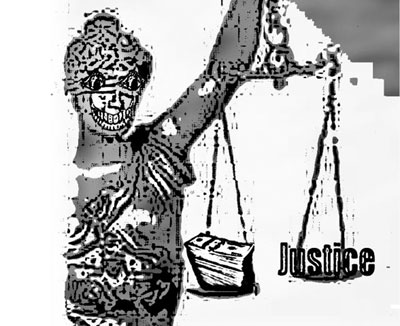All Nonfiction
- Bullying
- Books
- Academic
- Author Interviews
- Celebrity interviews
- College Articles
- College Essays
- Educator of the Year
- Heroes
- Interviews
- Memoir
- Personal Experience
- Sports
- Travel & Culture
All Opinions
- Bullying
- Current Events / Politics
- Discrimination
- Drugs / Alcohol / Smoking
- Entertainment / Celebrities
- Environment
- Love / Relationships
- Movies / Music / TV
- Pop Culture / Trends
- School / College
- Social Issues / Civics
- Spirituality / Religion
- Sports / Hobbies
All Hot Topics
- Bullying
- Community Service
- Environment
- Health
- Letters to the Editor
- Pride & Prejudice
- What Matters
- Back
Summer Guide
- Program Links
- Program Reviews
- Back
College Guide
- College Links
- College Reviews
- College Essays
- College Articles
- Back
Chillingworth's Justice
Roger Chillingworth is the main antagonist in the novel The Scarlet Letter by Nathaniel Hawthorne. The novel is based off Hester Prynne living her life with a scarlet letter, for adultery, and Roger Chillingworth’s search for the other adulterer. Roger Chillingworth defines justice as retribution for one’s sins, and Chillingworth is the main detective for finding the sinner who wronged Hester.
Chillingworth defines justice as a reprisal of one’s sins and wrong doings. From the beginning of the novel, Chillingworth has been the main instigator of Hester and Reverend Dimmesdale (her adulterer); Chillingworth claims that he did the first wrong by marrying Hester, and believes that the adulterer (Dimmesdale) has wronged both of them and wishes for the sin to be punished (Hawthorne 69). Through the use of Chilllingworth, Hawthorne gives the reader an example of the thought process behind vengeance and how just by thinking of the act; one becomes as corrupt as the sinner. Chillingworth believes that it is due process for believing the adulterer shall be punished for their sins, “Think not that I shall interfere with Heaven’s own method of retribution, or, to my own loss, betray him to the gripe of human law” (Hawthorne 70). This is also present in the near the end of the novel when Dimmesdale reveals that he is the adulterer, “there was no one place so secret, no high place nor lowly place, where thou couldst have escaped me-save on this very scaffold” (Hawthorne 239)! Hawthorne uses Chillingworth as a vessel for self-righteousness and the idea of retribution. Chillingworth seeks justice, his definition of retribution, so mush so that he drives him mad.
Roger Chillingworth is the enforcer of his justice; he seeks retribution, so he will find the adulterer and make them suffer. Chillingworth promises Hester that “I will seek this man” (referring to the adulterer) and that “see him tremble” as he catches the man responsible for the adultery (Hawthorne 69). Chillingworth sets out on a life-long quest to find the adulterer and bring about the spoils of justice to both himself and Hester. Chillingworth seems to have a “. . . quiet depth of malice” while he plans the adulterer’s retribution, “which led him to imagine a more intimate revenge than any mortal had ever wreaked upon an enemy” (Hawthorne 131). Hawthorne makes Chillingworth the embodiment of obsession and corruption of a just-cause. In the beginning of the novel, Chillingworth seems just in his decision to find the sinner, but throughout the story he obsesses over it more and more until “. . .the old man’s soul were on fire” (Hawthorne 159). Hawthorne describes Chillingworth’s soul as being on fire fueled by his obsession; this is comparable to having something build inside of one’s self so passionate that it consumes all thought and reasoning until there is no escape. Chillingworth takes on all the responsibility for seeing that the adulterer is brought to justice, which consumes and corrupts him beyond reason.
Roger Chillingworth is the enforcer of his own justice, which is one of vengeance and retribution. Hawthorne uses Chillingworth to demonstrate how obsession over justice can destroy an individual. Obsession leads to the corruption of the intended result.

Similar Articles
JOIN THE DISCUSSION
This article has 0 comments.
